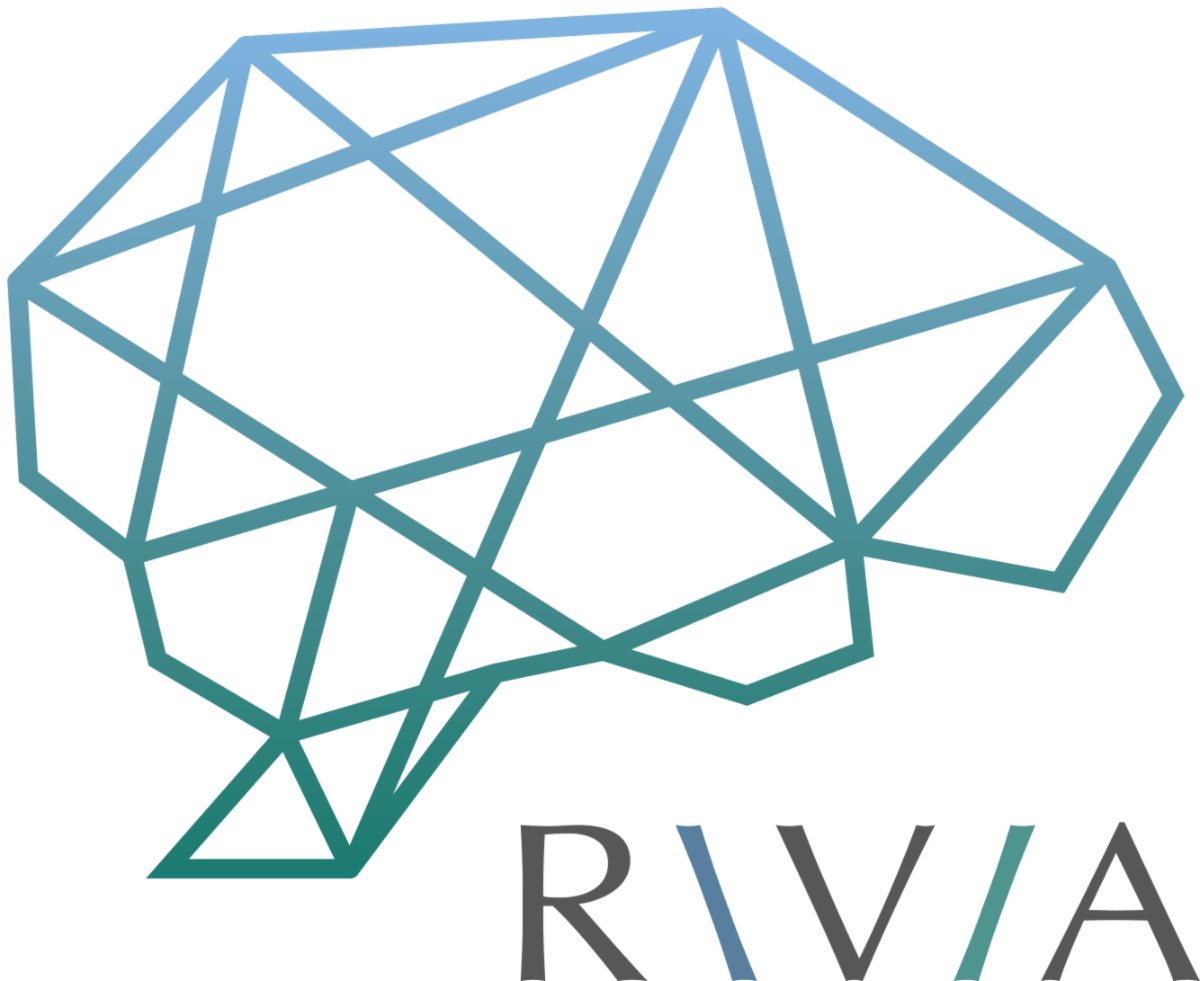What is a Mental Health Diagnosis?
When you’re sick with a cold or a fever, what do you do? You might try all the home remedies from your childhood, and when that doesn’t work, you might turn to the internet. After a day or two of failed internet solutions, you’ll probably drive to the doctor, who will ask you about your symptoms, diagnose the problem, and prescribe treatment for it.
Getting a mental health diagnosis is similar, except for instead of our body needing treatment, it’s our mind.
A mental health diagnosis is something a psychiatrist, or a mental health doctor, can give you when you meet certain criteria for a mental health disorder.
A mental health disorder is a health condition that affects your mood, emotions, thinking, and behavior. For example, things like depression, PTSD, OCD, Generalized Anxiety, and ADHD are all common mental health disorders. The criteria for getting a mental health disorder are outlined in the DSM-5.
The DSM-5 is a book written by and for psychiatrists that hold all the known mental health disorders and the symptoms of each. When getting a diagnosis from a licensed psychiatrist, they will use the DSM-5 to determine if you can receive a diagnosis or not.
It’s important to remember that struggling with your mental health exists within and outside a diagnosis. You don’t need a mental health diagnosis for your pain and struggle to be valid. And many people don’t need one to recover from mental illness. Still, getting a mental health diagnosis can be very beneficial.
Why get a Mental Health Diagnosis?
While not for everyone, there are many reasons you might get a Mental Health Diagnosis, including:
- Access to medication.
- More specific treatment plan, including diagnosis-specific therapy.
- Knowledge on the disorder and other ways it may be influencing your life.
- A treatment plan that addresses the cause of the problem, not just the symptoms.
- A team of doctors, counselors, and psychiatrists who specialize in the disorder.
- A community of other people struggling with the same disorder.
- A diagnosis is required for job protection under the Americans with Disability Act.
- Insurance coverage for therapy and medication.
A mental health diagnosis can be scary. But a diagnosis does not mean you are broken or beyond help. The opposite is true- a diagnosis is often the first step towards healing and recovery from mental health concerns.
Steps to Receiving a Mental Health Diagnosis
A mental health professional must be the one to diagnose you with a mental health disorder. Usually, these are therapists or psychiatrists. (A Psychiatrist deals primarily with the medication side of mental health, but they can give a diagnosis as well.)
To get a diagnosis, you must:
- Get a referral from your family practitioner to a psychiatrist or Research mental health facilities near you that provide a diagnosis.
- Schedule an appointment with a certified therapist or psychiatrist.
- The therapist will ask you questions about your current and past experiences. They also might reach out to close friends or families to get more information about your behavior.
- Your therapist will talk about their findings with you and give you a diagnosis.
- Just because a therapist gives you a diagnosis doesn’t mean it is 100% correct. Like medical doctors, sometimes a second opinion is required. If you disagree with your diagnosis, reach out to another professional for a second opinion.
- You and your therapist will begin to talk about treatment options, including therapy and/or medication.
Rivia Mind has specialists who can diagnose, treat, and help manage medications for mental health disorders. We understand that labeling your struggles won’t automatically make them go away, but it is a step in the direction of recovery. Take time to congratulate yourself on the work you’ve already put in towards your mental health and the strength it took to get here.
Fighting the Stigma
A major barrier in getting a mental health diagnosis for many people is the stigma surrounding mental health issues. A stigma is an unfair, negative social attitude attached to a group that often results in feelings of shame. They’ll tell you that you are broken, not enough, or hopeless because of your mental health diagnosis. The lie that you are just weak and should “get over it” on your own might sound like the truth sometimes.
But these are all lies.
The truth is mental health is real, and so are mental illnesses. We don’t choose mental health issues and struggling with them does not make us weak. Reaching out for help is a sign of strength. And getting that diagnosis might be just what you need to start down a path of healing and recovery.
For more information on how to get a mental health diagnosis through Rivia, call us at (212)-203-1773.




